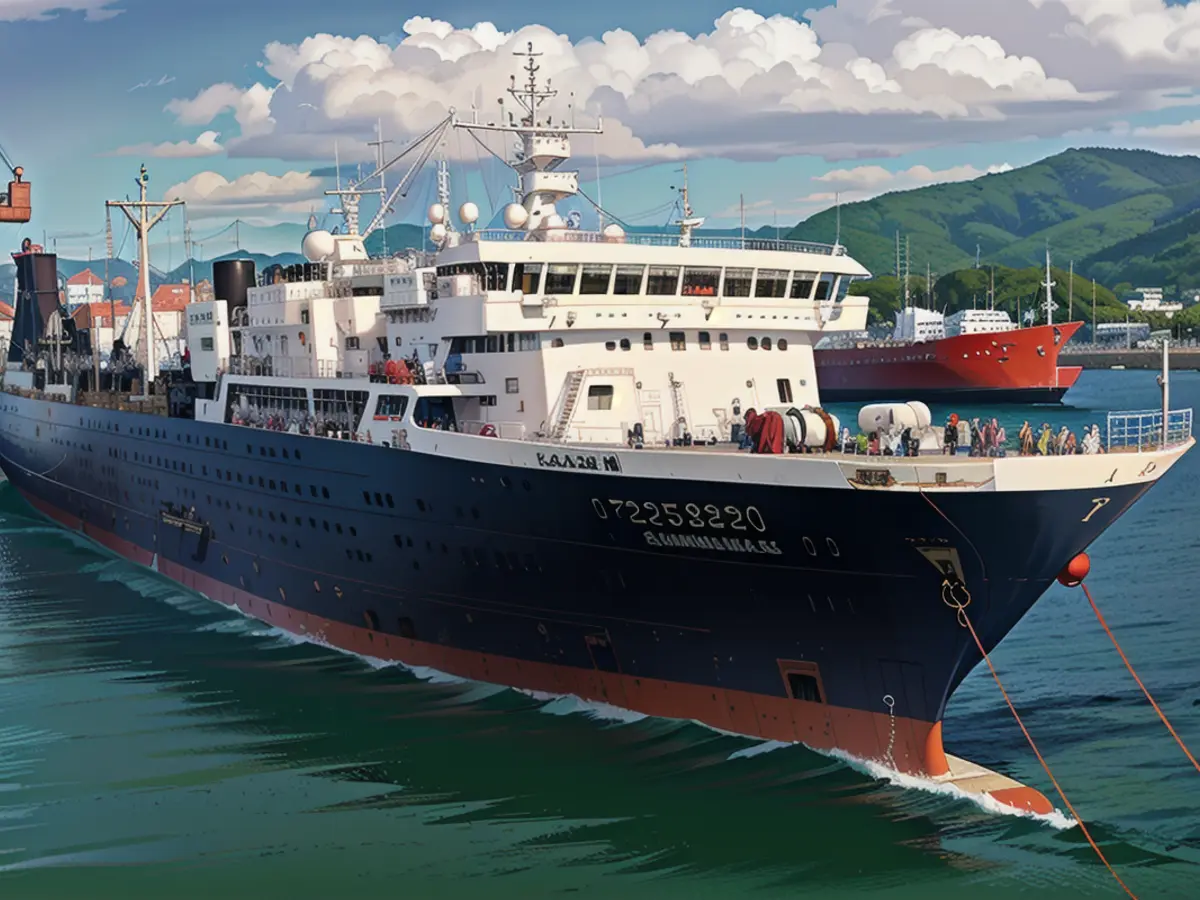Japan remains resolute in its quest to continue whaling, having acquired a new "mothership" for the endeavor.
To continue with their whaling activities, Kyodo Senpaku has introduced a new $48 million vessel called the Kangei Maru. This whaling ship will assist in offshore whaling operations in Japan's northern waters this year. The Kangei Maru is a replacement for the Nisshin Maru, which was decommissioned in 2020 and often faced clashes with anti-whaling protesters. The Kangei Maru is larger and faster than its predecessor, with advanced drone technology capable of conducting a 100-kilometer (62-mile) search to help crews find and kill whales more efficiently. However, activists are suspicious of its high-end features, such as a 13,000-kilometer cruising range and a 60-day sailing duration, and believe Japan might target whales far from its usual hunting grounds.
"We are proud of catching whales, and this ship will allow us to begin offshore mothership-style whaling this year," said Tokoro, as he led reporters around the 370-foot, 9,300-ton ship that set sail on February 19.
The large slipway on the Kangei Maru can haul 85-foot whales out of the sea, leading to an indoor flensing deck the size of two basketball courts. There, workers will strip off the blubber and cut up the whale flesh on gigantic cutting boards before vacuum-packing and freezing it for sale.
Japan's pro-whaling argument is that whales are at the top of the food chain and threaten human food security by competing for marine creatures that should be feeding other fish. "We need to cull whales to maintain the balance of the ecosystem," according to Tokoro. He also stated that most of the whales caught would be killed at sea by cannons, but added that some may need to be finished off using a rifle.
Groups like the Sea Shepherd Conservation Society and scientists oppose whaling not only for the unnecessary slaughter of one of the ocean's most magnificent creatures but also because whales play a significant role in combating climate change. "Whales help recycle nutrients in the ocean environment, support plant growth, and are a crucial part of the ecosystem," said marine ecologist Ari Friedlaender. Furthermore, he argued that the claim commercial whaling could be sustainable was unfounded, as "humans have a long history of killing whales, but we haven't been very successful with sustainable harvesting."

Commercial whaling had been banned in 1986 by the International Whaling Commission (IWC) due to the depletion of whale populations. Japan, along with Norway and Iceland, continues to pursue whaling. Iceland plans to end whaling in 2024, citing low demand for whale meat and high operation costs. Commercial whaling persists in Norway, which experts consider the world's leading whaling nation.
For many years, Japan has justified whaling as "scientific research." In 2018, it attempted to get the IWC to lift the ban on commercial whaling but was unsuccessful, so it withdrew from the organization and resumed commercial whaling in defiance of international criticism. Since Japan is no longer a party to the International Convention for the Regulation of Whaling, it believes it is free from any restrictions on killing whales in its territorial waters and exclusive economic zones. According to government spokesperson Yoshimasa Hayashi, three species of whales – sei, minke, and Bryde's – are permitted to be hunted under Japanese law, with fin whales, which are endangered, to be added to the kill lists.
The World Cetacean Alliance (WCA) coastal preservation group declared that whale watching in Japan had become a "far more thriving industry" than whaling for whale meat.
"In the 21st century, commercial whaling is indefensible," stated WCA. "The whaling industry in Japan is aware that increasing the consumption of whale meat is a challenge, and there isn't a market existing."
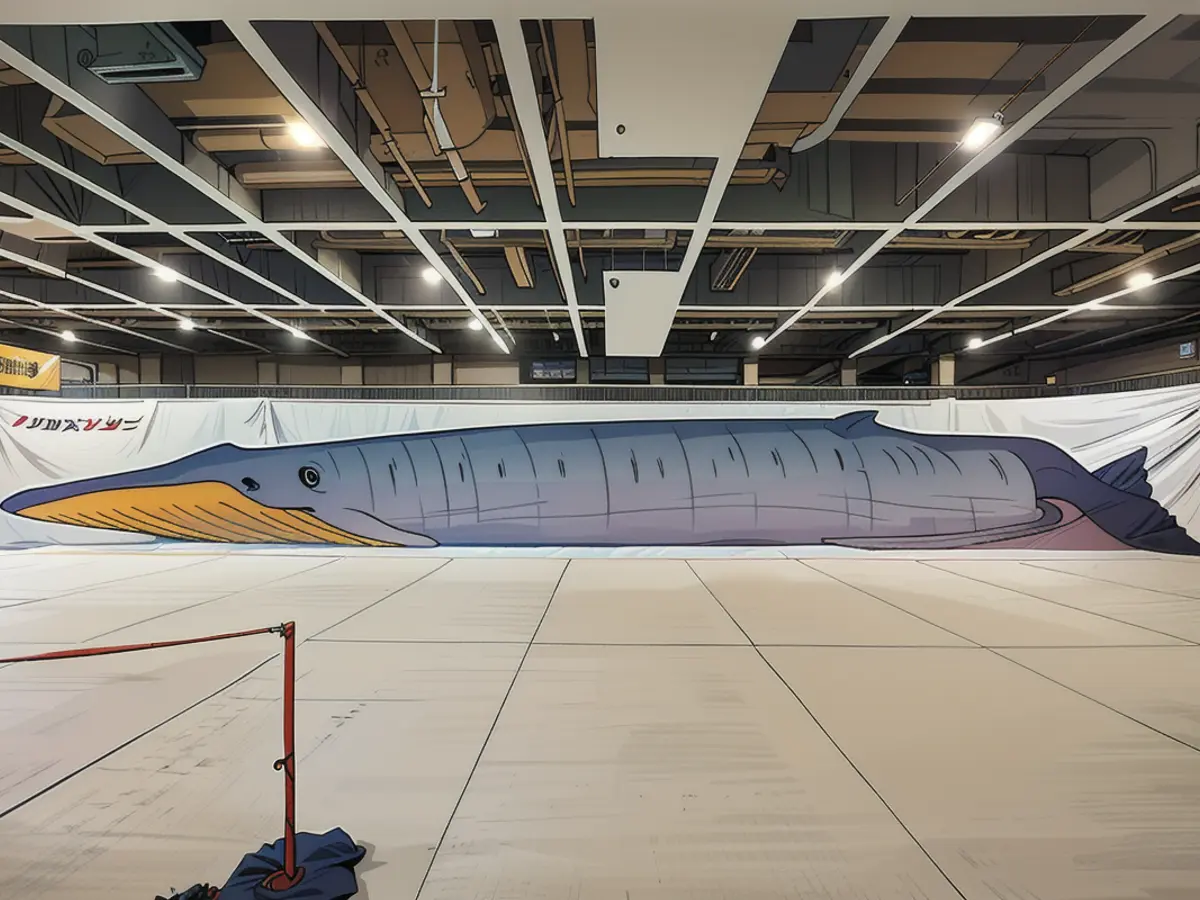
"Then, why continue to slaughter these marvelous and brilliant animals?"
Tokoro ruled out whale watching. "We won't change to whale watching; instead, eating whale meat while watching whales could be rather pleasant," he remarked to CNN.
Appeal for whale meat in Japan
Over time, Kyodo Senpaku has implemented intense public relations campaigns to boost whale meat popularity and draw in younger consumption groups.

Tokoro professes to consume whale meat daily.
"Whale meat is not just delicious, but it's also advantageous for you," Tokoro declared to reporters during a ship tour, while lauding the supposed "health advantages" of consuming whale, asserting that the meat could alleviate hair loss and cancer.
"If I may say so, a combination of whale meat and rice is a real treat for Japanese people. There can be no doubt about that, much more than beef and buns."
Last year, Tokoro, donning his whale hat, launched disputed whale meat vending machines, promoting whale sashimi, whale steak, and whale bacon.
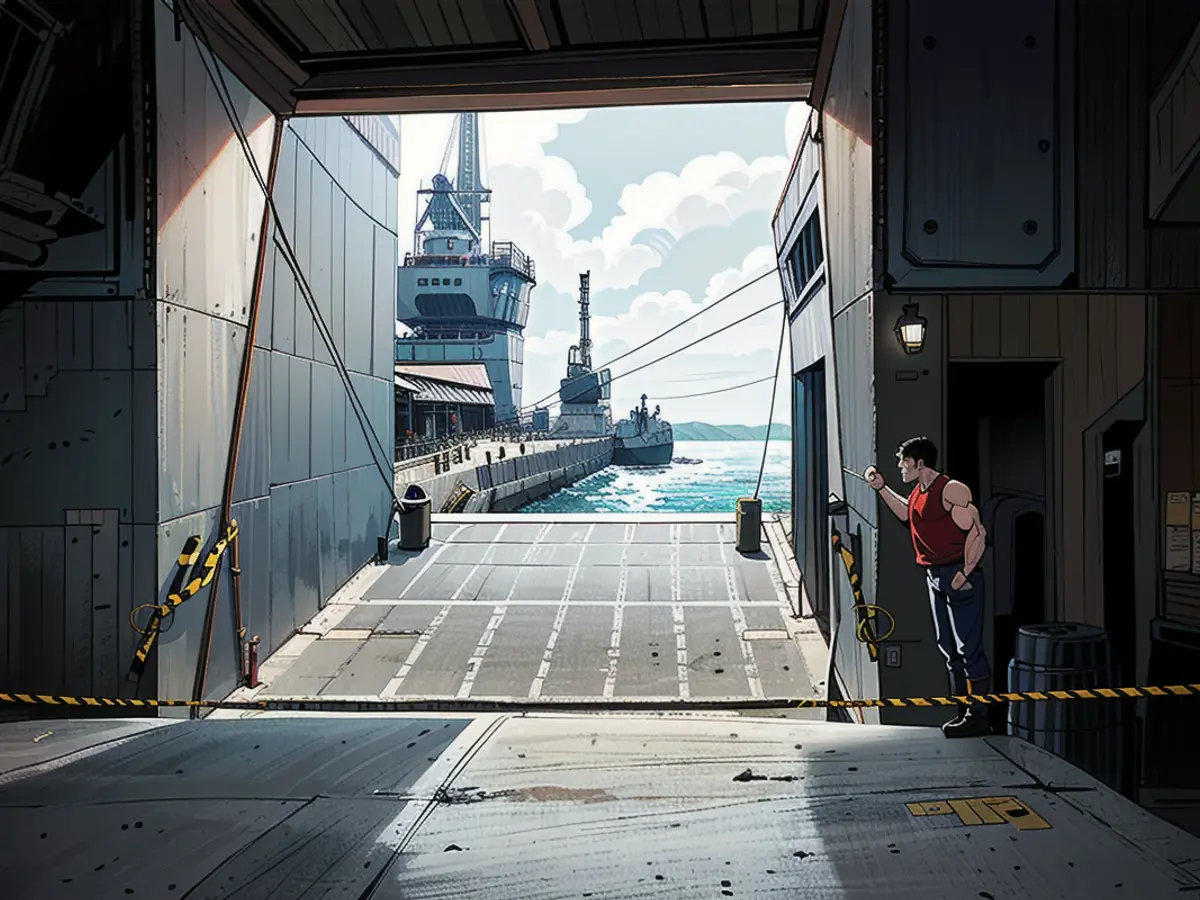
The firm has also supported influencers hailing from nations such as Russia, Thailand, and South Korea – hosting them at a local izakaya in Osaka, where they sampled dishes like whale sashimi and skewers and incited them to communicate this message to their followers that whale meat was tasty and acceptable.
Japan has a lengthy heritage of whaling tracing back to the Edo era in the 1600s, but practitioners assert that whale meat consumption peaked after World War II – when food sources, specifically protein, were scarce.
Today, whale meat is viewed more as a "luxury" meal, claimed Nobuhiro Kishigami, a professor at the National Museum of Ethnology, a leading research institute in the country.
"The truth is that there is minimal enthusiasm for whaling and whale meat among Japanese people en masse," Kishigami informed CNN. "Most young people, significantly those in metropolitan regions, are uninformed or unconcerned about whaling and its history, remaining indifferent."
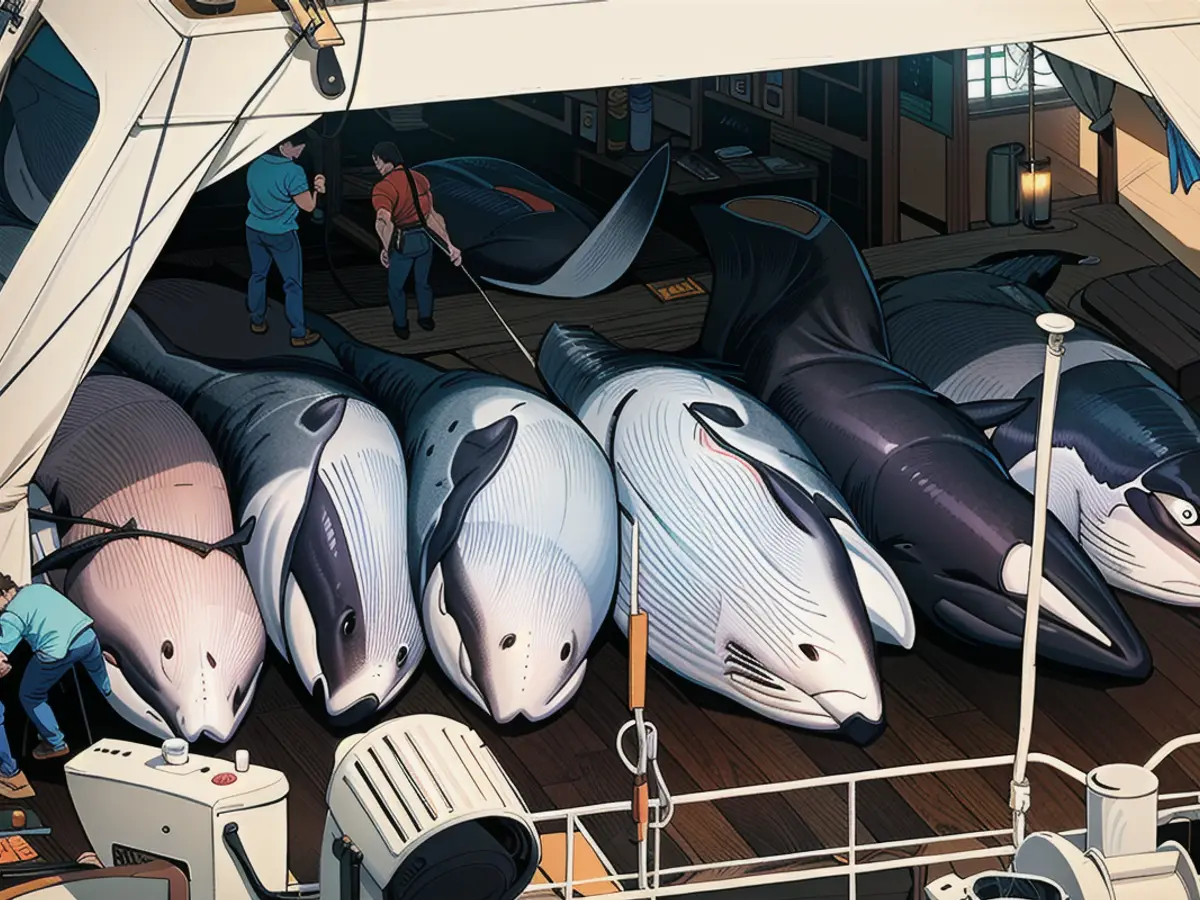
The same is true for dolphin meat, he added. "It's just a sign of the instances. But if we were compelled to terminate consuming blue fin tuna, there would be a significant response. We would react quite harshly to that."
Japan's fisheries administration estimates that approximately 1,000–2,000 tons of whale meat are consumed each year within the country, compared to approximately 230,000 tons of whale meat consumed annually throughout the 1960s.
"There is undeniably a market for whale meat in Japan; however, market size and production volume have shrunk greatly," Mitsuhiro Kishimoto, an economics professor from Shimonoseki City University, told CNN, noting that numerous major whaling organizations have since forsaken the business.
"The demand for whale blubber vanished after the discovery of oil and petroleum products, thus many countries ceased whaling, resulting in a decrease in hunted whales and, by extension, whale meat production."
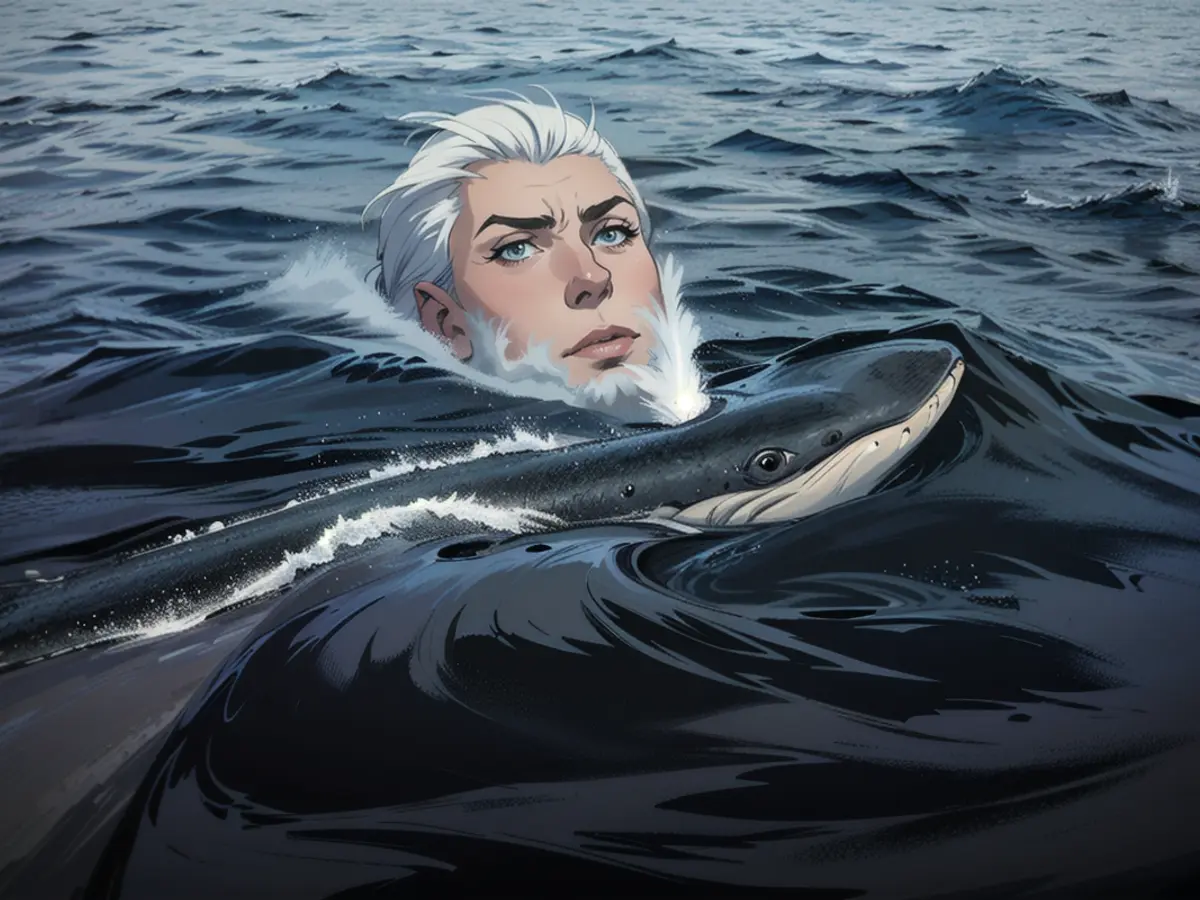
Scientists have highlighted the potential dangers of consuming whale meat, with investigations indicating high concentrations of mercury in whale and dolphin meat, which could potentially endanger consumers, particularly pregnant women and young children.
Potential for Japanese whalers to revisit the Southern Ocean
The Southern Ocean Whale Sanctuary, situated in the depths around the entirety of Antarctica, is home to many different whale species, including humpbacks, blue whales, and fin whales.
Established by the International Whaling Commission in 1994 to safeguard whales, the Southern Ocean Whale Sanctuary has served as a sanctuary since the 19th century, when whaling decimated whale populations.

Japan frequently ventured to the Southern Ocean to kill whales for supposed "scientific research" purposes until 2019.
Japan's Fisheries Agency conveyed to CNN that Japan sent ships to the Antarctic last year to gather numbers and skin surface samples, but these expeditions did not include the slaying of whales. They intended to return this year for the same purpose.
Tokoro relayed to CNN that the Kangei Maru would not slaughter whales outside Japanese waters because it's not financially lucrative.
"Commercial whaling is not profitable," he remarked. "It would require 50 days to reach the Antarctic and then return, and we are uncertain that we could earn enough from paying employee wages and fuel costs for 50 days. However, I will obey solely when the government orders me to pursue commercial whaling ... Until then, I will not engage in commercial whaling at all."
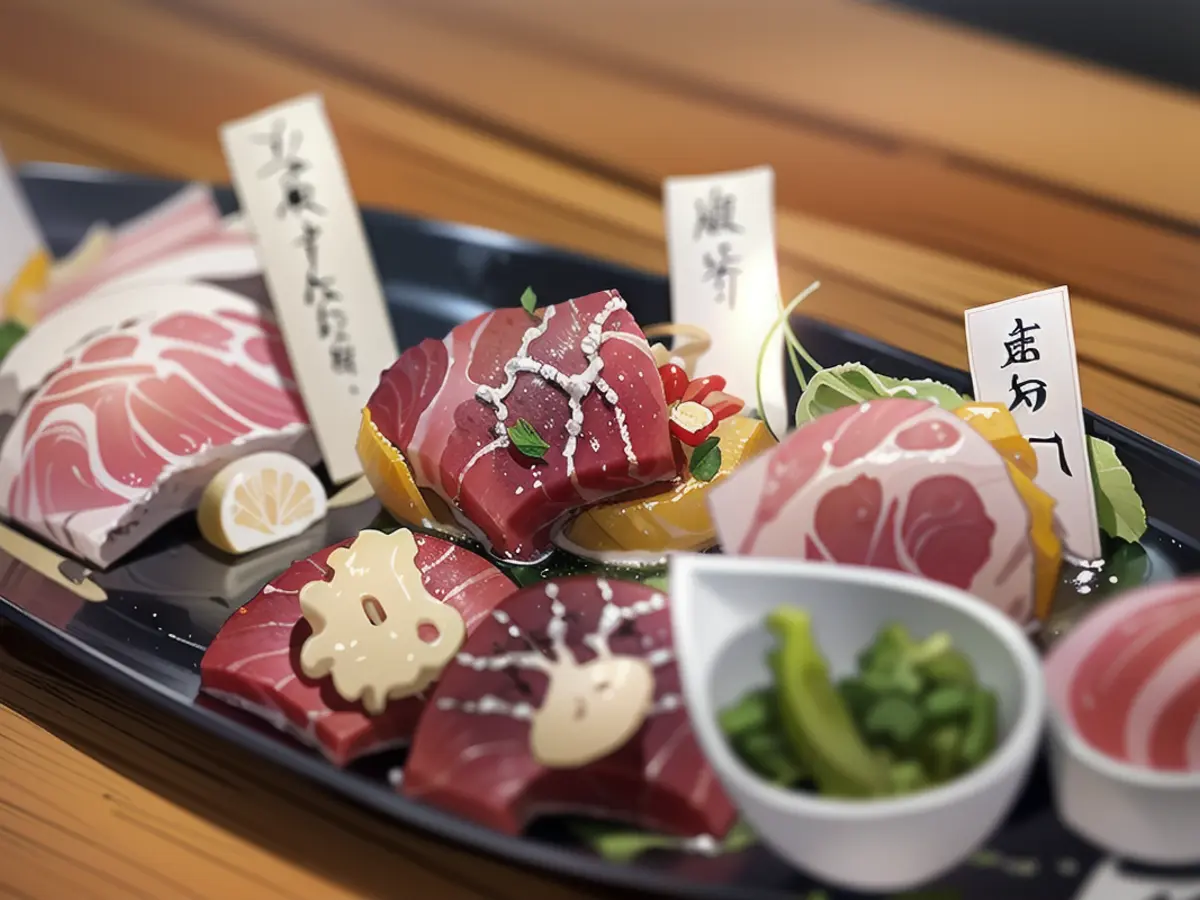
However, campaigners are not persuaded.
"Given the ship's extensive reach and drones, and recent announcements from Japan's fisheries ministry that it's anxious to commence hunting fin whales, we are confident there is a substantial possibility that Japanese whalers will return to the Southern Ocean," said James Anderson, activist and founder of the Whale Defense Agency (WDA).
The Southern Ocean serves as a crucial refuge for various whale species, facilitating breeding and feeding. Due to the rising dangers of climate change and illegal whaling, it is more essential than ever to safeguard it.
According to Rothwell from ANU, if Japan chooses to slaughter whales outside of its boundaries, they could face serious consequences.
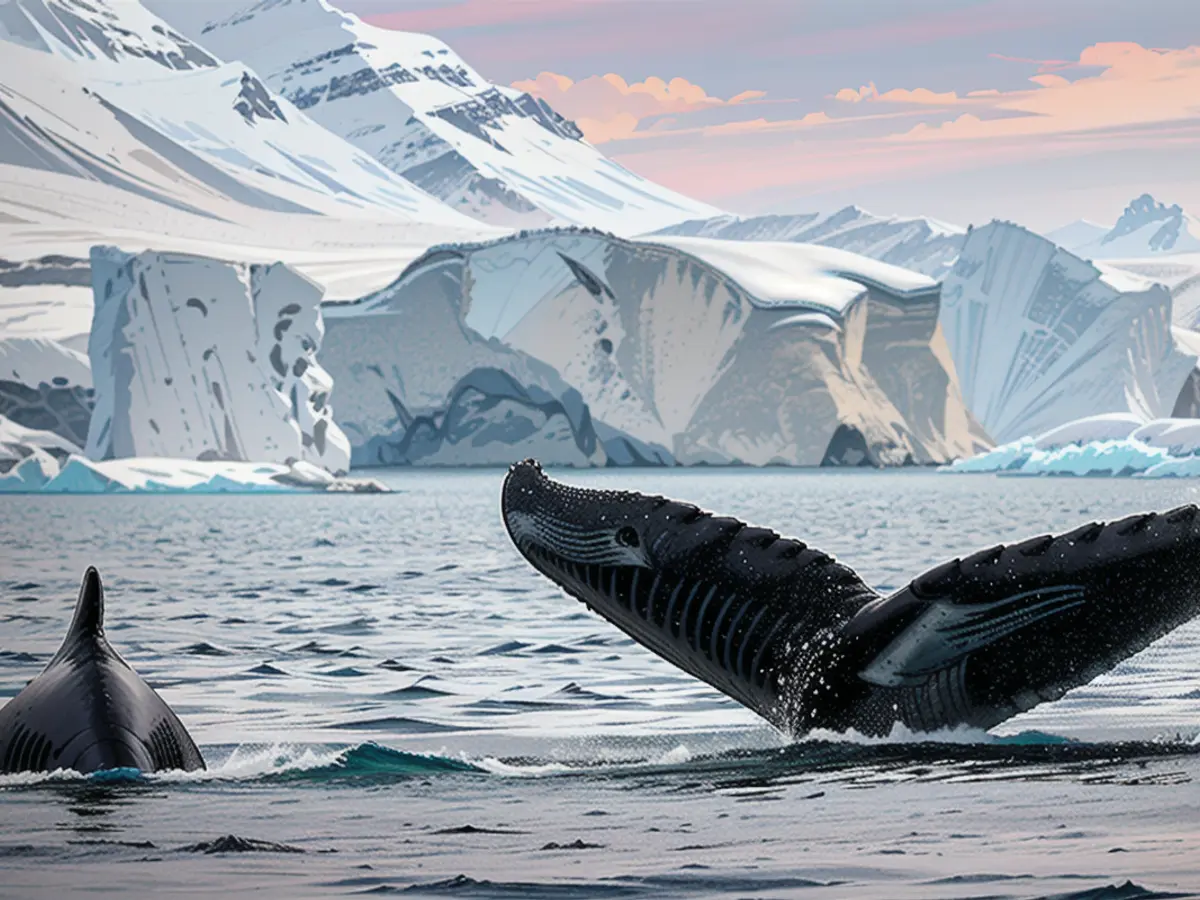
Rothwell mentioned that such actions would provoke worldwide attention and initiatives to defend whales, particularly in regions sanctioned by the IWC as a sanctuary for whales.
The seasoned protestor against whaling, Watson, expressed his readiness to initiate physical resistance, having acquired a previous Japanese patrol boat in anticipation of Japanese whalers' potential return to the Antarctic by year-end.
"The Southern Ocean is known as the Whale Sanctuary for a purpose," said Watson. "No one should kill whales down there."
"We're set to pursue and apprehend these whales, just as we've done in the past, and we're fully prepared for the repetition," remarked Watson.

Read also:
In the context of Japan's ongoing whaling activities, here are two sentences that contain the words 'Asia' and 'world':
Japan is not only facing criticism from within the 'world', but also from anti-whaling organizations in 'Asia'.
Despite international opposition, countries like South Korea and China in 'Asia' still have a demand for whale meat.
